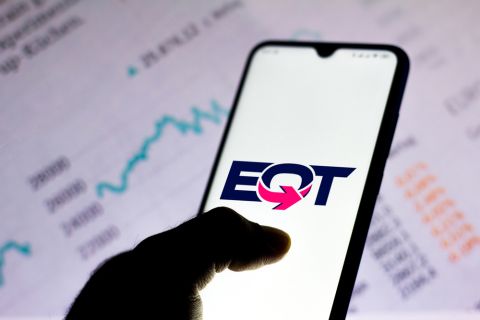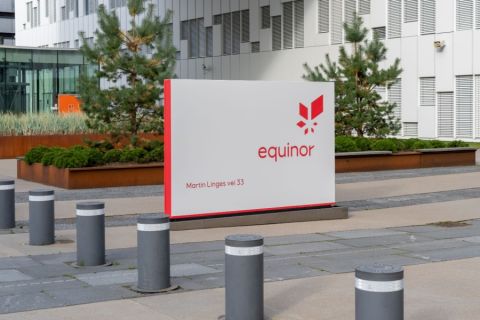Greece issued an advisory on Nov. 8 saying the vessel Sanco Swift will conduct seismic surveys to locate potential natural gas reserves off the Peloponnese peninsula and west and southwest of the island of Crete.
Prime Minister Kyriakos Mitsotakis announced the plan during an interview on Nov. 7, saying that the surveys will be carried out by Exxon Mobil Corp.
Greece, an entry point for natural gas for the eastern Mediterranean, aspires to become a gas producer and a hub for the storage and transfer of gas to the rest of Europe and help the continent cut its reliance on Russian energy.
Collecting seismic data through survey vessels is a key step in gas exploration to identify potential reserves.
The advisory issued by the Greek Navy reserved areas in the Ionian Sea near the Peloponnese peninsula and off Crete from Nov. 8 until further notice.
The surveys will take place during the winter months to minimize any environmental impact, the state-owned Hellenic Hydrocarbons and Energy Resources Management Co. (HEREMA) said in a statement.
“Greek natural gas can play an important role—not only for Greece, but also in support of the broader region and Europe's increasing demand for domestic energy resources at a crucial time for energy security,” said HEREMA chairman Rikard Scoufias.
Greece has had indications of significant gas reserves of around 600 Bcm.
Exxon Mobil owns 70% of the exploration rights for hydrocarbons off Crete and Greece’s biggest oil refiner HelleniQ Energy holds the rest.
Energean Hellas and HelleniQ hold gas exploration licenses in the Ionian Sea.
“Our country, regardless of its focus on a fast green transition, is obliged to explore if it has the potential to mine natural gas, which will contribute to our country's energy security and Europe’s,” Mitsotakis said on Nov. 7, before joining the U.N. climate talks in Egypt.
Mitsotakis also said Greece wanted to reach out to Libya in order for the two countries to reach an agreement on their respective maritime zones.
Recommended Reading
BP Restructures, Reduces Executive Team to 10
2024-04-18 - BP said the organizational changes will reduce duplication and reporting line complexity.
Matador Resources Announces Quarterly Cash Dividend
2024-04-18 - Matador Resources’ dividend is payable on June 7 to shareholders of record by May 17.
EQT Declares Quarterly Dividend
2024-04-18 - EQT Corp.’s dividend is payable June 1 to shareholders of record by May 8.
Daniel Berenbaum Joins Bloom Energy as CFO
2024-04-17 - Berenbaum succeeds CFO Greg Cameron, who is staying with Bloom until mid-May to facilitate the transition.
Equinor Releases Overview of Share Buyback Program
2024-04-17 - Equinor said the maximum shares to be repurchased is 16.8 million, of which up to 7.4 million shares can be acquired until May 15 and up to 9.4 million shares until Jan. 15, 2025 — the program’s end date.





